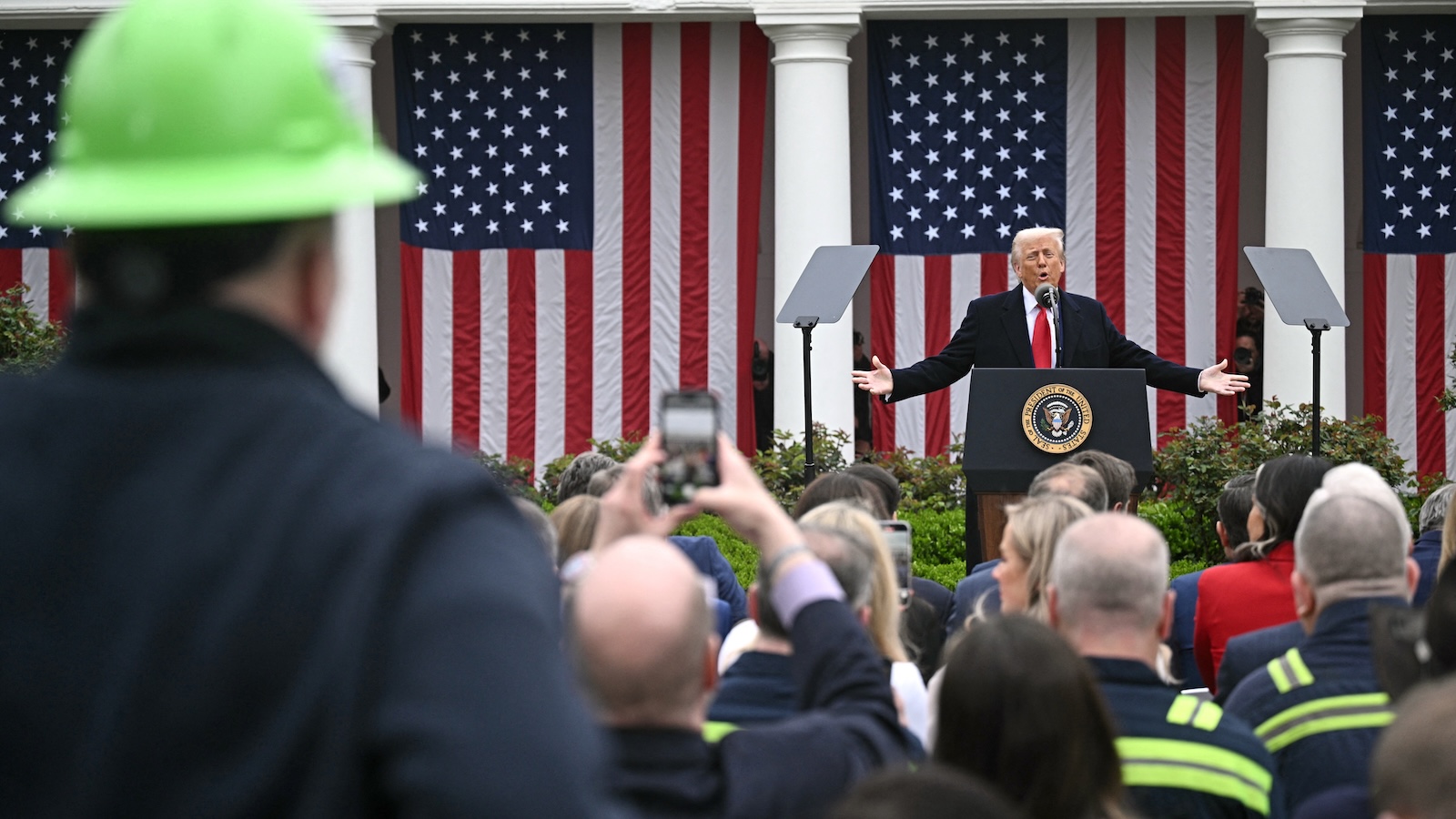Now Reading: How Trump’s Tariffs Could Threaten American Innovation
-
01
How Trump’s Tariffs Could Threaten American Innovation
How Trump’s Tariffs Could Threaten American Innovation

Quick Summary
- Trump’s Tariff Announcement: President Donald Trump announced new tariffs on foreign goods,ranging from 10% on the UK to 49% on Cambodia. Tariffs for China are at 34%, and the EU faces duties of 20%.
- Historical context of Protectionism: early U.S. tariff policies date back to the Tariff act of 1789, aimed at supporting domestic shipbuilders. Similar measures include the Jones Act (1920), which restricts shipping to domestically-built and operated vessels.
- Impact on Industries: The tariffs may negatively affect innovation, especially in clean energy technologies where components like batteries and solar cells are heavily imported. U.S.-built ships cost up to five times more than foreign-built ones.
- Concerns About Innovation: Experts argue protectionism reduces competition and incentive for domestic industries to innovate or adopt advancements developed abroad.
- Clean Energy Risks: Analysts warn that clean-tech sectors like electric vehicles, solar energy, and wind turbines could face reduced global competitiveness due to increased costs stemming from tariffs.
Indian Opinion Analysis
The recent move by President Trump reflects a pattern of protectionist policymaking reminiscent of historical strategies dating back centuries. While his justification revolves around boosting domestic industries and addressing perceived unfair practices in global trade, the potential long-term consequences warrant consideration.
For countries like India-with a growing dependence on affordable imports for renewable energy technologies such as solar panels-these heightened tariffs could lead to price increases globally. This could challenge India’s ambitions in clean energy transition if innovation slows or becomes less accessible due to restricted market dynamics. However, India’s burgeoning local manufacturing sector might see opportunities if other nations scale down imports affected by these policies-but only if it can deliver quality alternatives competitively.
As mentioned in expert analyses within the source text, protectionism historically tends toward stagnation rather than lasting growth; thus, policy outcomes will likely depend on balancing immediate fiscal goals against broader technological progress globally-a matter meaningful not just for American industries but also India’s integration into advancing global networks.
























